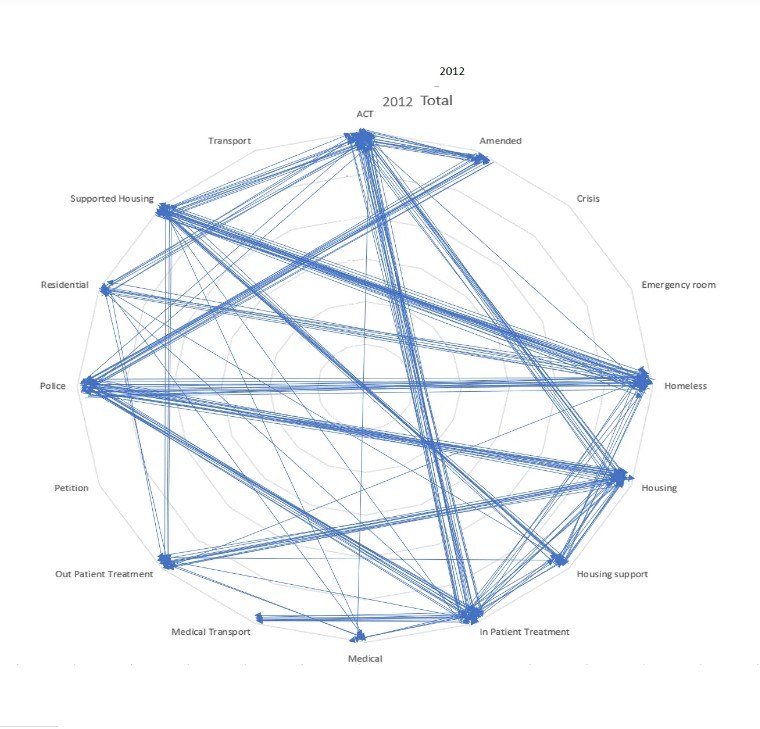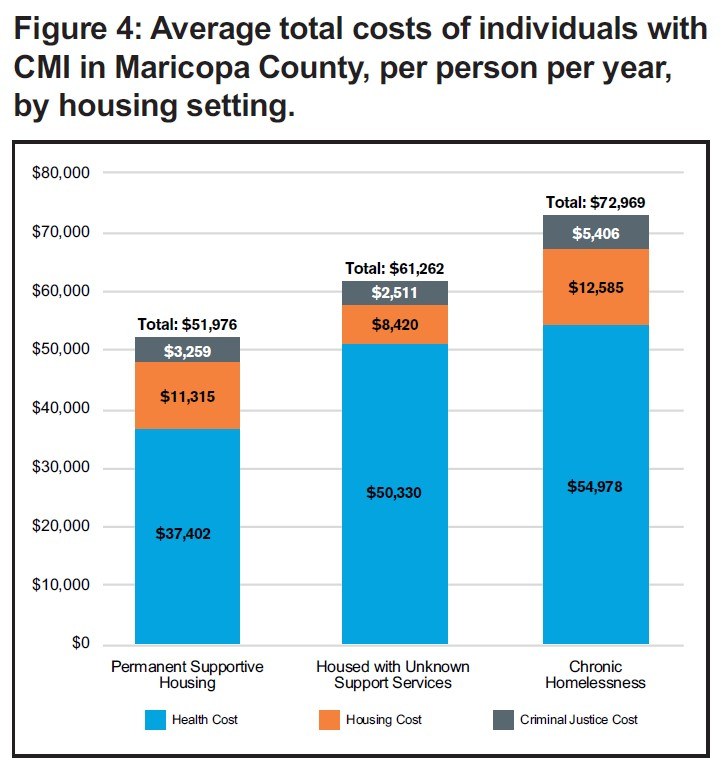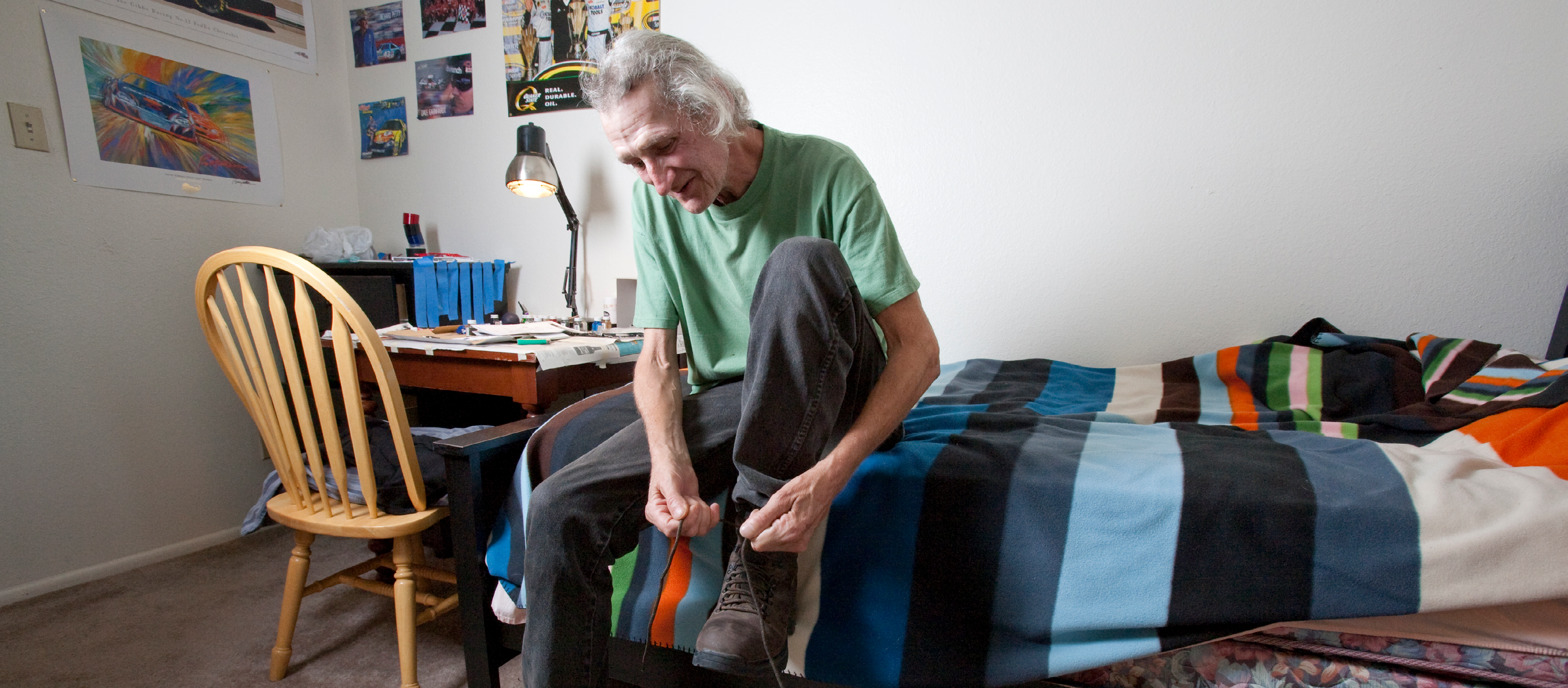During the year-long, community engagement and input process that resulted in our five-year strategic plan, MC2026, we learned that our community is passionate about creating Mighty Change in the areas of health and housing. We also learned that challenges in the areas of health, housing and homelessness, education and workforce development are often interconnected.
This month, Mental Health Awareness Month, we are focusing on the correlation between housing and mental health. Dr. Michael Franczak, director of Population Health at Copa Health, examines data from vulnerable communities and has witnessed how an individual’s mental health can drastically improve with proper support and living conditions.
In his more than 40 years of work, Dr. Franczak has impacted the lives of countless individuals living a mental illness. People like Alex.
When Valley residents Chuck and Laurie Goldstein adopted their son Alex, they had no idea of the challenges they would face. Alex, now an adult, was diagnosed with a mental illness at the age of 5. Since his diagnosis, Chuck and Laurie have been determined to find the best resources and services for him.

In the process, they have become advocates for individuals with serious mental illness (SMI), founding ACMI (Association of the Chronically Mentally Ill) with four other advocates. They also serve on numerous boards, including Copa Health Foundation Board, Valleywise Health Foundation Board and Columbia University Global Mental Health Programs International Advisory Board, where they advocate for and support individuals living with a serious mental illness.
The Goldsteins and Dr. Franczak recently shared their insights on mental health stigma, the importance of support systems and the cost-effectiveness of supportive housing.
Overcoming the Stigma
There’s no denying that there’s a stigma surrounding individuals living with a serious mental illness while experiencing homelessness. When it comes to overcoming the stigma, Laurie is an advocate of early diagnosis. She believes that if a mental illness is detected and treated early enough, the recovery process will be speedier than that of someone who has lived with an untreated illness for too long.
“The biggest thing that can help is to educate people that this isn’t bad parenting. We need to get people to understand that [mental illness] is like any other disease,” said Laurie. “If you catch it early, you can change the outcome.”
For her husband Chuck, overcoming the stigma of homelessness and mental health starts with the proper care and treatment.
“Since about 40 percent of people who are on the streets have a mental illness, if not a serious mental illness, the way I like to look at it is if I’m walking in a downtown urban city, and there are all of these people sleeping on cardboards or doorways of shops, every other one that you’ve passed has a serious mental illness,” said Chuck. “You can get rid of half of the homeless problem if you treated people with a mental illness.”
Support Systems
For individuals living with a mental illness, having a strong support system is fundamental to building confidence and independence. Being part of a network providing practical and emotional support may look different depending on each circumstance. For parents of a child living with a serious mental illness like Chuck and Laurie, acceptance and patience are key to making it through the tough times.
“To help your child, you have to make the tough decisions to [step up] when necessary,” said Laurie. “You have to think, ‘it’s worse for them than it is for me’.”
Dr. Franczak said he has witness housing do miraculous things for people. While housing is essential to a healthy lifestyle, supportive housing is a critical component and a critical first step for an individual experiencing homelessness while living with a mental illness.
“Even if we have a lot of roofs over people’s heads, without the right support, many people fail and get evicted because they need the support,” he said. “Support is fundamental. Without that, they’re not going to have much success. The people that seem to make the most progress are people that have active and involved families. Combining the knowledge of professionals with the wisdom of families is the best formula.”
The True Cost
When it comes to funding housing and health programs, looking at the big picture is essential to creating sustainable, lasting change.
According to Arizona State University Morrison Institute for Public Policy’s new report requested by ACMI, “Housing is Health Care”, the average annual public spending on individuals with a chronic mental illness is $72,969, $20,993 more than the average cost of $51,976 for an individual who transitioned to permanent supportive housing. This represents a 29% reduction in cost. A case where the clinical approach and the financial cost clearly align.

Dr. Franczak said the approach to supporting those experiencing homelessness who have a mental illness should be focused on long-term solutions such as supportive housing rather than short-term fixes.
He said funding is often directed to emergency room medical bills charged to the state, as well as the countless time and effort spent by law enforcement responding to emergency calls. Oftentimes, the same individuals find themselves going through the cycle of emergency rooms, jail and living on the streets.
“We need to look at system approaches and, as a state, look at the true cost of providing housing with wrap-around services,” said Laurie. “It’s far cheaper than going to an emergency room or getting booked into jail multiple times a month.”
New Beginnings at Lighthouse Group Homes
Laurie and Chuck’s son Alex has found support at a Lighthouse community living program with 24/7 in-home support managed by Copa Health. At a Lighthouse, the staff is there to support each tenant with various needs, like driving them to the grocery store, reminding them that they have a doctor’s appointment, and more.
Unlike lighthouses, other programs tend to be rigid. So, if a tenant doesn’t follow their extensive rules, they’re evicted, something Dr. Franczak finds to be a critical issue. “Every one of those evictions makes it harder for you to get to the next place because the rental agencies are able to track evictions,” he said. “It’s a pathway to homelessness.”
Alex is thriving at the Lighthouse. He has a job and is even taking a college class and passing with an A in algebra. His parents believe that Alex is a great example of what’s possible with the proper housing and support for his health needs.
Creating Mighty Change
Big problems require bold solutions. At Valley of the Sun United Way, we’re kicking down old barriers by championing new ways of thinking.
Over the next five years, we will put all our efforts behind the programs and solutions our community needs most, including the areas of health and housing. You can learn more about MC2026, our new five-year impact plan for Mighty Change here.
To learn more about the connection between health and housing, we invite you to download Arizona State University Morrison Institute for Public Policy’s new report, “Housing is Health Care”. A comprehensive study about how supportive housing impacts the costs of chronic mental illness.
For information about Copa Health resources, call 480-969-3800 or visit copahealth.org. To learn more about ACMI, visit acmionline.com.

